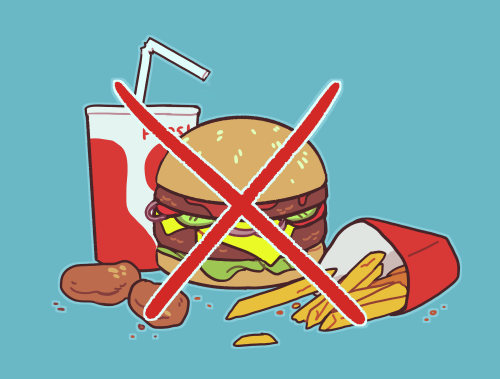If this is your company, CONTACT US to activate Packbase™ software to build your portal.


What is Slow Life and how was it created?
The beginnings of this type of lifestyle date back to the 1980s, when all Western countries were already filled to the brim with fast-food restaurants, and the number of huge corporations, treating people more like digits on a sheet of paper than living beings, was rapidly increasing. It was then that Carlo Petrini, an Italian food critic who had grown tired of junk food and an ever-faster lifestyle, expressed his opposition to the contemporary way of life. Petrini’s opinions were noticed by the mass media and he quickly gained considerable popularity. The Italian critic emphasised that we should maintain balance in our lives, and when it comes to food, we should always choose healthy ingredients and avoid any and all convenience foods.
The most important rules of Slow Life
According to “Slow-Lifers”, the most important principles of this lifestyle include reducing haste, maintaining a balance between work and private life, rich relationships with loved ones, opposition to materialism and a healthy way of life. According to the guidelines, we should also limit the number of things that we own, keep our house tidy, make rational and responsible decisions and avoid negative and aggressive messages often present in the media.
Criticism of Slow Life
Like any lifestyle choice, Slow Life has its opponents as well. Critics accuse this idea of being suitable only for more prosperous persons. For example, although owning fewer things seems to be a suitable solution for financially disadvantaged people, replacing several cheap items with one high-quality brand product may often prove impossible due to its excessive cost. In addition, critics indicate that reducing the number of working hours in order to devote more time for our family is impossible in the case of people earning low wages, as well as those who need to undertake additional work just to make ends meet.
Some even refuse to consider Slow Life a new and revolutionary trend altogether. Its opponents often state that this way of life is quite simply a return to our roots, to the era before fast food restaurants, large corporations and cell phones existed. Critics also believe that civilisational development should not be hindered by futile attempts to “go back to the old rules”.
The impact of Slow Life on the cosmetics market
Throughout the course of a recent study called “Slow Life in Poland 2018”, a lot of work was devoted to determining the kind of cosmetics that Slow Life proponents would most likely choose. The features of such products overlap with customer expectations towards natural, eco or bioproducts in the majority of cases. However, several important features of these types of goods extend far beyond the scope of issues related to their production and composition. The factors that people living in accordance with Slow Life principles value the most are product effectiveness and efficiency. Other desirable traits include the products being pleasant to the touch, a relaxing experience during their use, as well as their origin, with Polish and even specific regional products held in the highest regard.
According to Slow Life principles, the composition of cosmetic products should only be limited to the necessary ingredients and should contain no preservatives, artificial aromas or similar substances. All of these requirements facilitate the rapid growth of the bio, eco and dermo-cosmetic product markets. Even in the case of the perfumes market, scents created only with the use of natural ingredients and even those using eco-friendly packaging are becoming increasingly popular.
Of course, due to the aesthetic requirements of Slow Life, packaging changes in the case of products designed for this group of recipients are also necessary. Minimalist labels, pastel colours, references to nature, as well as wooden caps and containers made of recycled plastics are always a great choice in this regard.
Slow Life – another step towards naturalness
It is evident that Slow Life is yet another idea that aims to direct our society towards naturalness, sustainable development, a healthy lifestyle and ecology. Of course, its scope extends well beyond purchasing cosmetics, nonetheless, it is yet another requirement that modern consumers have towards producers. Each subsequent social movement and every such group, be it bio-product supporters, or opponents of using artificial additives in cosmetics, will influence the market in new and often unpredictable ways. The question is, what kind of strategy will the world’s largest cosmetics producers choose? Will they cater to the wishes of the customers? Or will the customers themselves have to change their expectations?



















































